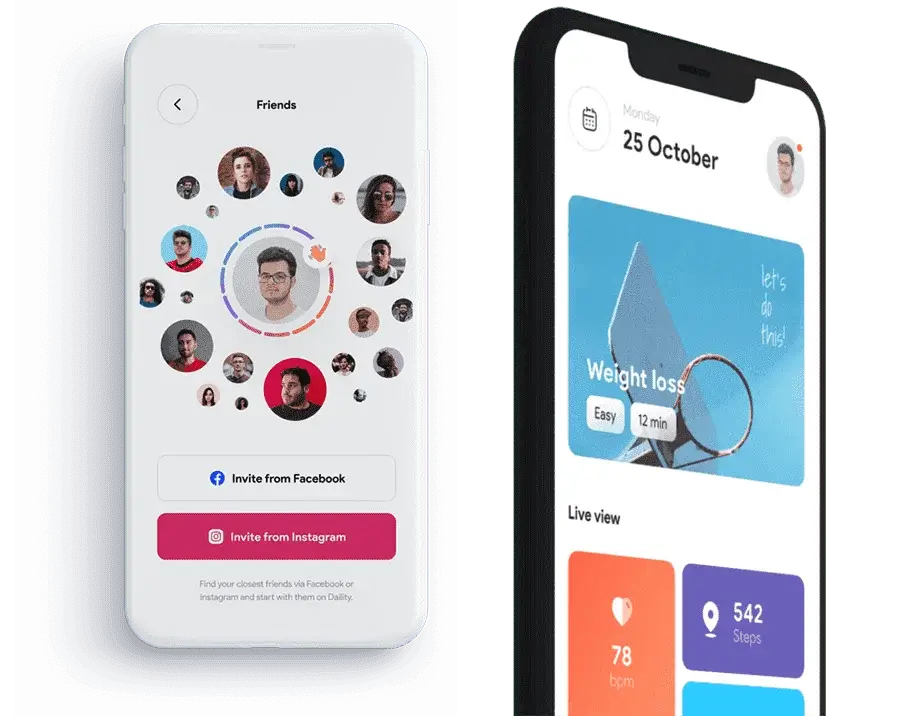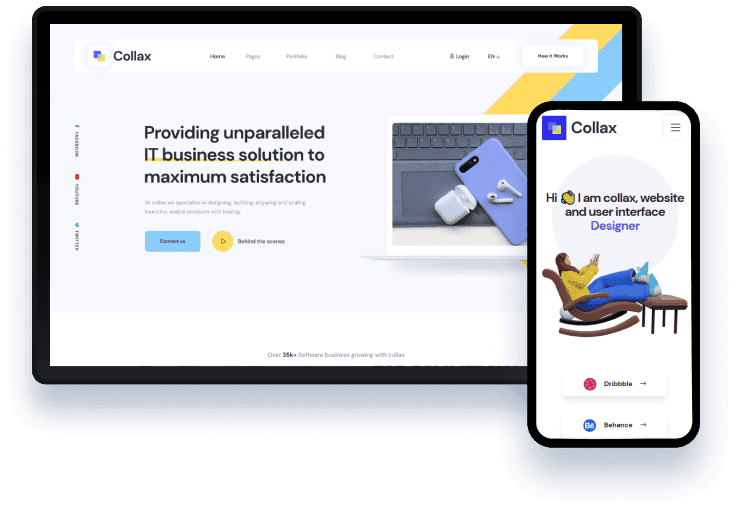Budget-Friendly Website Building: A Guide for Small Business Owners
Building a website is one of the most important steps in establishing your small business online. In today's digital age, your website serves as a 24/7 representation of your business. It can help you connect with customers, showcase your products or services, and even generate sales or leads.
A website gives your business credibility and makes it accessible to a global audience. It helps potential customers easily find your offerings, and it's often the first place people go to learn about your business. Having an online presence means you can engage with customers through various channels, such as blog posts, contact forms, and social media links. Additionally, a website helps you stay open to your customers around the clock, even when your physical office/store is closed. By keeping your website updated with fresh content and useful information, you can continue to build trust and attract new leads.
With the right approach and tools, you can establish an online presence that serves both your business and your customers effectively.
Here is how to get started.
1. Purchase a Domain Name
2. Choose the Right Website Platform
3. Website Pages based on Your Service/Product
4. Website Hosting and SSL
1. Purchase a Domain Name
Your domain name should ideally reflect your company's full name. If your company name is too long, consider shortening it while maintaining clarity and relevance. Purchase domain: For businesses that operate internationally or want to reach a global audience, it's best to opt for a .com domain, as it's the most widely recognized and trusted. If your company primarily serves a specific region or country, you can use a regional domain extension such as .ae (for the UAE), .us (for the United States), or .in (for India). This can help with localized branding while still giving your business a professional online presence.2. Choose the Right Website Platform
Selecting the right website platform is essential for managing and maintaining your site efficiently. Ideally, you want a platform that's easy to handle, allows you to make future edits without needing technical support, and provides flexibility as your business grows. A Content Management System (CMS) is an intuitive platform that lets you create, edit, and manage website content with minimal technical knowledge. These platforms are designed to empower you to handle tasks like adding images, updating text, or making layout changes without relying on a developer for every update.Popular and cost-effective CMS platforms and frameworks for the website development include WordPress, Webflow, Wix, Squarespace, Laravel, and Node.js.
The budget-friendly eCommerce website solutions include platforms like Shopify, WooCommerce, Wix, Ecwid and Laravel.
WordPress: The most widely used CMS, WordPress is incredibly versatile, offering thousands of themes and plugins to customize your site to fit your business needs. With its user-friendly dashboard, you can easily add or edit pages, posts, images, and content as you go.
Webflow: Webflow provides more design flexibility, allowing you to build responsive websites with a visual editor. You can handle all content updates—including images and text—directly within the platform, making it great for those who want to manage both design and content without coding.
Wix: Wix is a website builder that makes it quick and easy to create a site. While it's more limited in terms of customization compared to WordPress or Webflow, it's a solid choice for small businesses that need an affordable, low-maintenance website.
Laravel: Laravel is a PHP framework used to build custom, dynamic websites with complex functionalities. It's ideal for businesses that need robust database management and custom features that go beyond what typical CMS platforms offer.
Node.js: Node.js is a powerful platform for building fast, scalable websites. While it offers high customization, it requires more technical expertise. If you’re planning to scale your website or need complex features, Node.js can be an excellent option.
3. Website Pages Based on Your Service/Product
Your website design is crucial to your business's success. A visitor’s first impression is primarily based on how your website looks and functions. A well-designed, easy-to-use website can help you attract more customers.When designing your website, it's important to maintain consistency with your brand's colors and fonts. High-quality, relevant photos help potential customers understand your products or services. You can purchase stock images if you're on a budget, or, if you have more resources, consider a 1-2 day photoshoot with video. These images and videos can be used across your website, brochures, and social media pages.
Commonly, your website should include essential pages such as a home page, an about us page, a products/services page, a contact page, and a clients page. On your contact page, ensure you provide easy access to your phone number, email, and a Google Maps location for convenience.
Lastly, make sure your website is mobile-friendly and SEO-friendly to enhance both user experience and search engine visibility. Don’t forget to include links to your social media profiles to connect with your audience across platforms.
4. Website Hosting and SSL
Website hosting involves renting space on a server to store all the data and files that make up your website. A hosting provider is the company that supplies this server space. The performance of your hosting is crucial for ensuring your site runs smoothly and efficiently.Shared Hosting: This is the most affordable option, where your website shares server resources with other sites. It's ideal for small businesses and startups.
VPS Hosting: A step up from shared hosting, VPS (Virtual Private Server) offers more control and better performance.
Cloud Hosting: A scalable solution where your website is hosted across multiple servers, offering high performance, reliability, and flexibility. But it is costly compared to the shared hosting and VPS hosting.
Choosing a local hosting provider is often a better option for easy support and maintenance. If you're opting for independent hosting based on cheap introductory offers, it's not recommended unless you have an in-house IT team to handle potential issues.
SSL certificate: Finally, always integrate an SSL certificate when hosting your website. SSL certificates encrypt your site data, ensuring it's secure and trustworthy for visitor.
Building a website for your small business on a budget is possible with the right tools and approach. Start with a clear plan, choose cost-effective solutions, and focus on what matters most: delivering a great user experience for your visitors.
By Digital Team. Updated on 19-03-2025
website design budget-friendly website small business website startup company website website development web development company web design website design company website domain hosting ssl business email website amc
01-01-1970
Cutting-Edge SEO Strategies Going into 2026
02-08-2025






